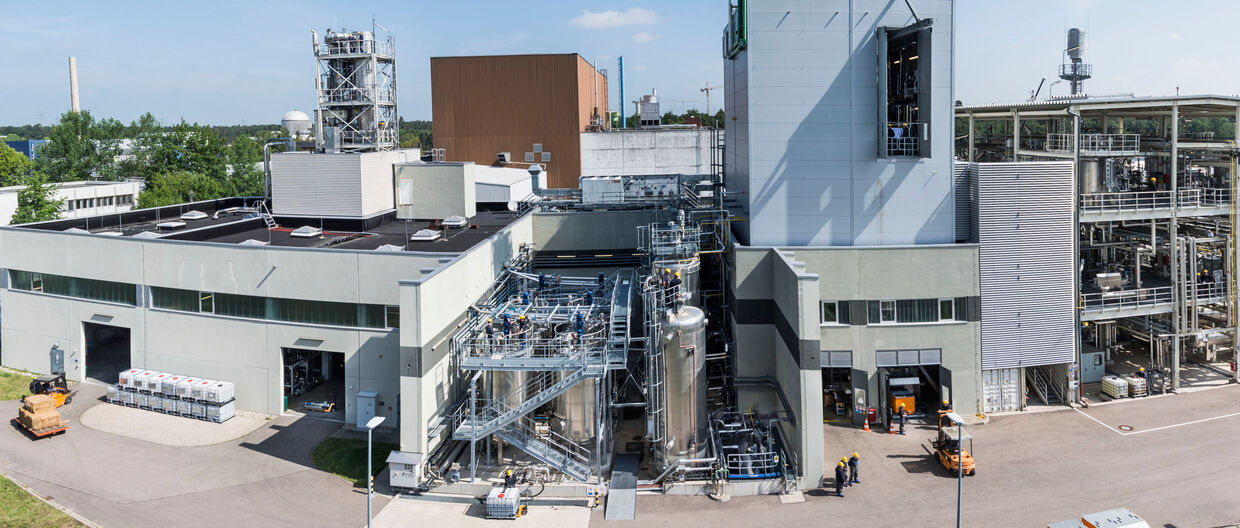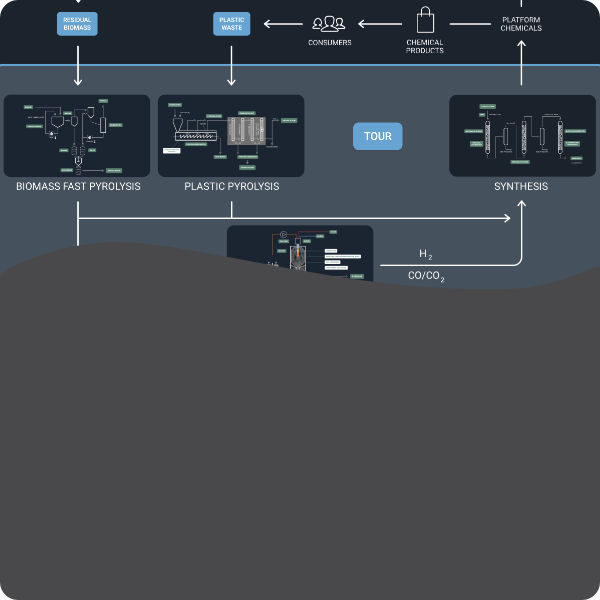The carbon processing industry is confronting a dual challenge: simultaneously transitioning away from a significant reliance on crude oil and natural gas feedstocks, and meeting its substantial energy demands through renewable sources. These transitions are crucial for minimizing greenhouse gas emissions and reducing import dependence. Given the inherent high energy content of plastics and the considerable energy input required for their production from fossil resources, plastics recycling stands out as the most resource- and energy-efficient strategy for closing the carbon cycle and fostering a climate-neutral chemical sector.
Head of Institute for Technical Chemistry


In the near- to mid-term, energy-intensive industries urgently require large-scale technologies capable of converting waste and residual streams into valuable chemicals, representing a critical first step towards achieving climate neutrality. To effectively process mixed plastic and biogenic waste into industrial raw materials, thermochemical recycling technologies, such as pyrolysis and gasification – integrated with (catalytic) upgrading of intermediate products – are essential as key enabling technologies.
The Carbon Cycle Lab leverages the extensive expertise of KIT, building upon the bioliq® pilot plant components – fast pyrolysis, high-pressure entrained-flow gasification, synthesis gas processing, and fuel synthesis – which have been successfully operated at Technology Readiness Level (TRL) 6 until 2024. This includes a deep understanding of generated waste streams, intermediate products, and their handling. Expanding upon this foundation, the CCLab incorporates new, versatile modules, including scalable plastic pyrolysis, flexible biomass pyrolysis, and hydrogenation of intermediates. These additions enhance the CCLab's capabilities at TRL 4-5 and facilitate integration with other modules within the Energy Lab, enabling comprehensive research and development.




 112
112
